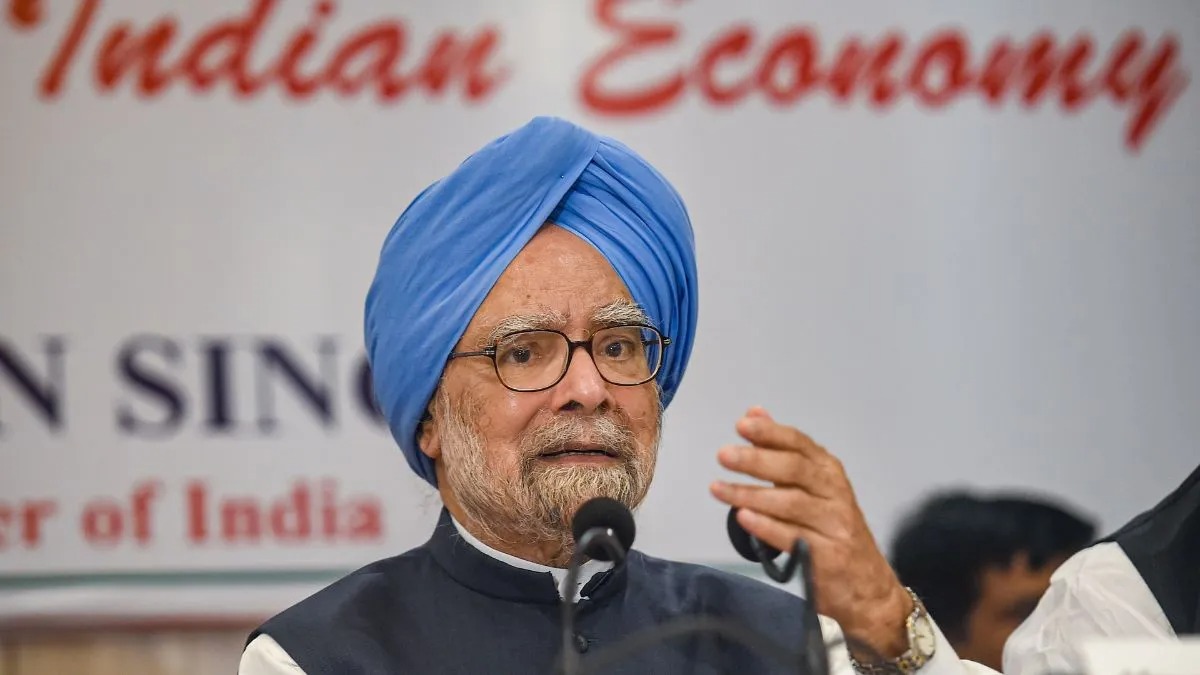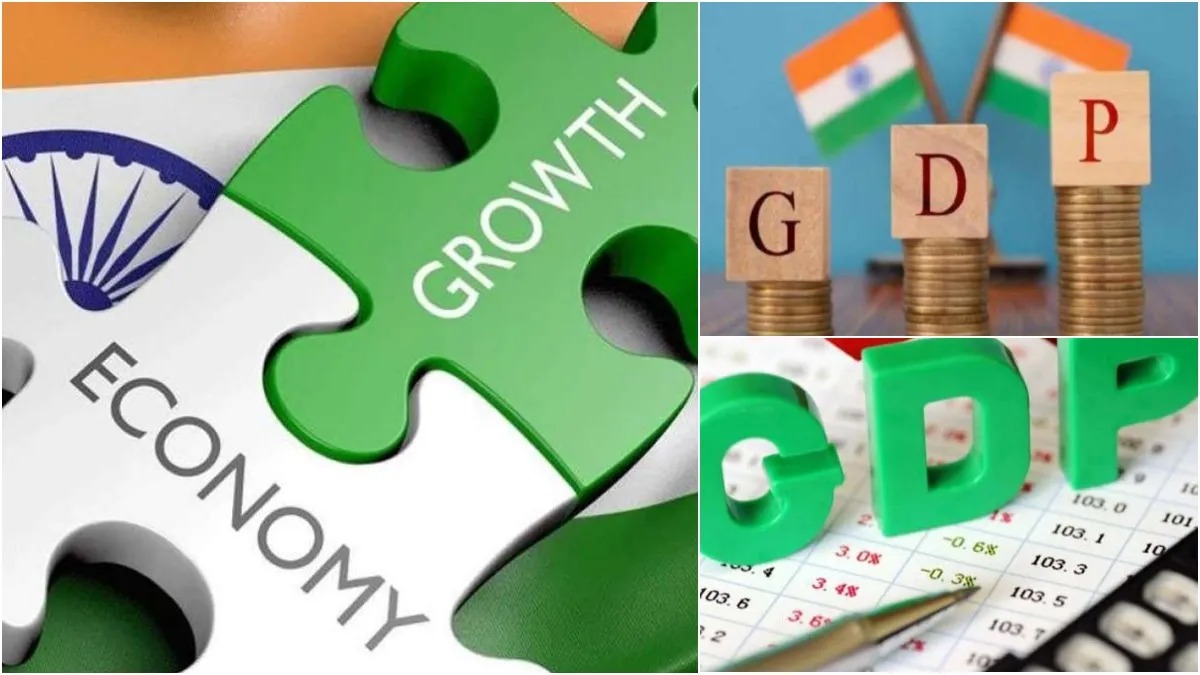
Former Prime Minister of India Dr. Manmohan Singh has passed away. According to the information received, today he breathed his last at the All India Institute of Medical Sciences (AIIMS). Let us tell you that Manmohan Singh was the Prime Minister of the country twice. He was called an accidental Prime Minister, but he proved all speculations wrong and made his own identity. Manmohan Singh made his identity more as a skilled economist than a politician. With his understanding and wisdom, he not only pulled out the bankrupt Indian economy but also opened the doors of liberalization for the world and cleared the way for India to become the economic superpower of the world. Due to his economic policies, not only the country's economy grew rapidly but there was also a big change in the lives of common people. People got employment opportunities and income increased. Manmohan Singh's policies not only helped in improving India's economic condition, but also worked to bring radical changes in social and structural reforms. Let us know for which works the coming generation will remember Manmohan Singh.
1. Economic liberalisation (1991)
As Finance Minister, Manmohan Singh played an important role in taking India's economy towards liberalisation, privatisation and globalisation. He reformed the import-export policy and encouraged foreign investment. This increased employment opportunities in India and led to a huge increase in people's income.
2. MNREGA (2005)
It was Manmohan Singh's government that started the Mahatma Gandhi National Rural Employment Guarantee Act (MGNREGA) in 2005. Its big impact can be seen today.
3. Right to Information (RTI) (2005)
Manmohan Singh's government enacted the Right to Information Act, which ensured transparency and accountability.
4. Nuclear deal (2008)
Manmohan Singh signed the historic Indo-US civil nuclear deal with the US in 2008, which helped India enter the global nuclear market and tackle the energy crisis.
5. Aadhaar Scheme (2009)
The Aadhaar scheme was launched during Manmohan Singh's tenure, with the aim of providing a unique identification number to every Indian citizen.
6. Right to Education (2009)
The Manmohan Singh government implemented the Right of Children to Free and Compulsory Education Act, which extended the right to education to all children.
7. India's economic growth rate
During his tenure, India recorded high rates of economic growth. Between 2004-2008, India's GDP growth rate was over 8%.
8. Women reservation and empowerment
The Manmohan Singh government introduced the Women's Reservation Bill in the Lok Sabha to provide 33% reservation to women.
9. Panchayati Raj and Rural Development
Manmohan Singh launched the Bharat Nirman scheme for development of infrastructure in rural areas, with focus on roads, electricity and water facilities.
10. Social and health reforms
Manmohan Singh launched schemes such as the Janani Suraksha Yojana and the National Rural Health Mission, which improved maternal health and rural health services.
Manmohan Singh was brought by Rajiv Gandhi
Let us tell you that in 1985, during the rule of Rajiv Gandhi, Manmohan Singh was appointed the Deputy Chairman of the Indian Planning Commission. In 1990, he was made the economic advisor to the Prime Minister. When P V Narasimha Rao became the Prime Minister, he included Manmohan Singh in his cabinet in 1991 and gave him independent charge of the Finance Ministry. At this time Dr. Manmohan Singh was neither a member of the Lok Sabha nor the Rajya Sabha. But according to the constitutional system, it is necessary for a government minister to be a member of Parliament. Therefore, he was elected to the Rajya Sabha from Assam in 1991. Manmohan Singh opened India's doors for economic liberalization. By doing this, he connected the Indian economy with the world market. Not only this, Dr. Manmohan Singh also simplified imports and exports. With this, the bankrupt Indian economy started running at the speed of a bullet train.
--Advertisement--

 Desk
Desk Share
Share






